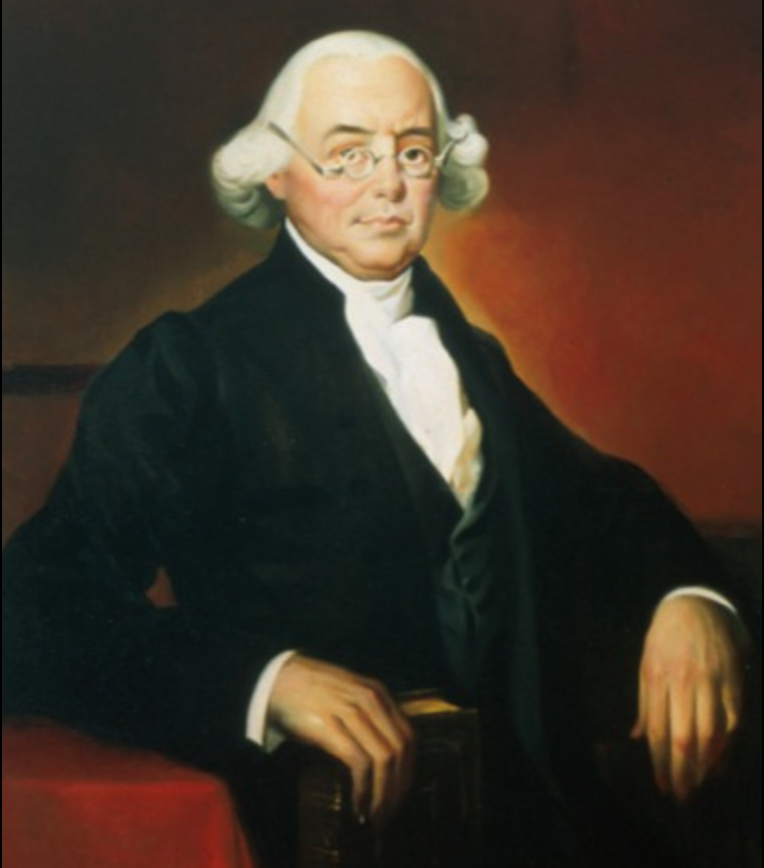Reserved and Delegated Constitutional Powers: Thoughts by James Wilson, 6 October 1787.

When the 1787 Constitution was conveyed to the States for consideration, many arguments erupted between those who favored and those who opposed ratification of the document. One of the first arguments to garner attention was the absence of a bill of rights in the Constitution. James Wilson addressed this issue within the context of state constitutions versus the proposed Federal constitution and the concepts of delegated and reserved powers.
August Glen-James, editor
If, indeed, a power similar to that which has been granted for the regulation of commerce, had been granted to regulate literary publications, it would have been as necessary to stipulate that the liberty of the press should be preserved inviolate . . .
It will be proper, however, before I enter into the refutation of the charges that are alleged, to mark the leading discrimination between the state constitutions, and the constitution of the United States. When the people established the powers of legislation under their separate governments, they invested their representatives with every right and authority which they did not in explicit terms reserve: and therefore upon every question, respecting the jurisdiction of the house of assembly, if the frame of government is silent, the jurisdiction is efficient and complete. But in delegating fœderal powers, another criterion was necessarily introduced: and the congressional authority is to be collected, not from tacit implication, but from the positive grant, expressed in the instrument of union. Hence, it is evident, that in the former case, everything which is not reserved, is given: but in the latter, the reverse of the proposition prevails, and everything which is not given, is reserved. This distinction being recognized, will furnish an answer to those who think the omission of a bill of rights, a defect in the proposed constitution: for it would have been superfluous and absurd, to have stipulated with a fœderal body of our own creation, that we should enjoy those privileges, of which we are not divested either by the intention or the act that has brought that body into existence.
For instance, the liberty of the press, which has been a copious subject of declamation and opposition: what control can proceed from the fœderal government, to shackle or destroy that sacred palladium of national freedom? If, indeed, a power similar to that which has been granted for the regulation of commerce, had been granted to regulate literary publications, it would have been as necessary to stipulate that the liberty of the press should be preserved inviolate, as that the impost should be general in its operation. . . . In truth, then, the proposed system possesses no influence whatever upon the press; and it would have been merely nugatory, to have introduced a formal declaration upon the subject; nay, that very declaration might have been construed to imply that some degree of power was given, since we undertook to define its extent.
